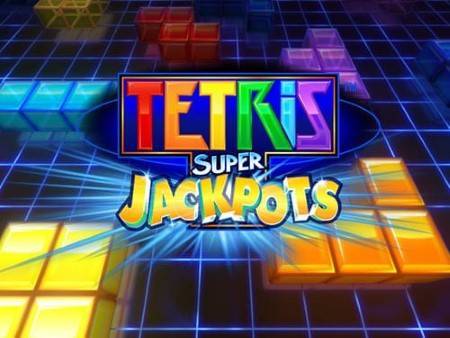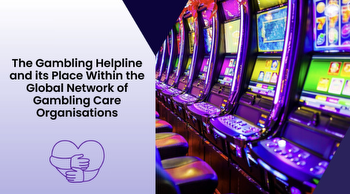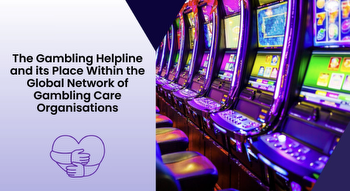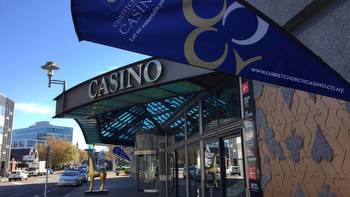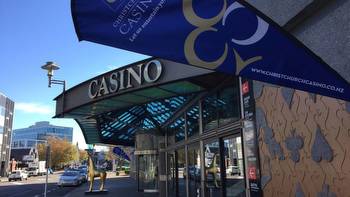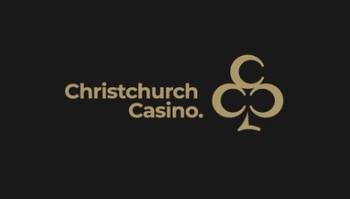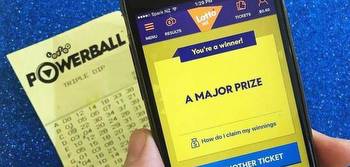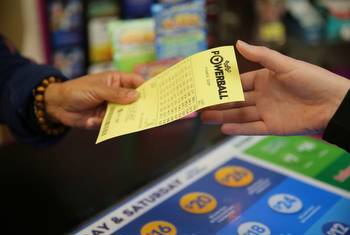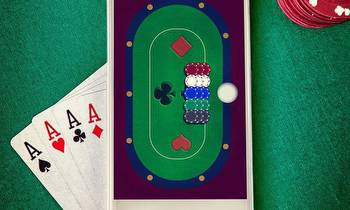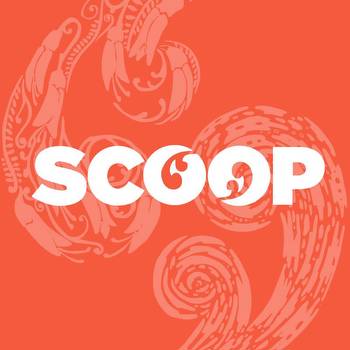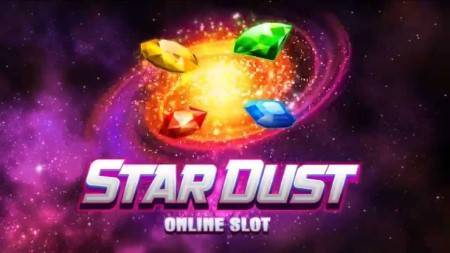Online Tool That Tests For Gambling Harm Shows High Number Of People Are Positive, But Few Seek Help
Data from a new online tool being trialled to encouragepeople to test their gambling, shows that of the 1028 testscompleted between May 2021 and May 2022, 80 percent werepositive for gambling harm but only 22 percent soughthelp.
It’s Gambling Harm Awareness Week 5 – 11September and The Salvation Army Oasis and the ProblemGambling Foundation are urging people to test their gamblingto see if it’s still okay and to seek help ifneeded.
A recent AUTglobal study shows most people with gambling problemswill never seek help and in Aotearoa, the same estimates canbe applied.
Bridgitte Thornley, National Director atPGF Services, says this confirms what is known abouthelp-seeking behaviour for harmful gambling.
“Thedata we have collected aligns with what the study found,”she says.
“Because of the huge stigma associatedwith gambling, people can be reluctant to take the firststep and seek help and by the time they do they have oftenlost significant amounts of money, relationships havesuffered, they may have committed fraud, and may be feelingsuicidal.”
“Our hope is that people check outtheir gambling before it comes to this.”
The onlineself-assessment tool is available on either the ProblemGambling Foundation or Salvation Army websites, where peoplecan anonymously test their gambling with an option to talkover the results with a counsellor.
Lisa Campbell,spokesperson for The Salvation Army Oasis, says the onlineassessment takes about ten minutes and at the end apersonalised report is provided which gives the user acomparison of their gambling to other people in NewZealand.
“It helps to identify what motivates themto gamble along with what strengths they have and they areoffered the option of sharing their results with a gamblingcounsellor,” she says.
“The survey screens forgambling harm using the Problem Gambling Severity Index andthe gambling pathways model. It also covers confidence andmotivation to change.”
Bridgitte Thornley says whatis concerning is that there are so many people out there whoare experiencing harm but are not seeking help.
“Thestudy showed globally about one in five with severe gamblingproblems sought help, but only one in 25 people withmoderate risk gambling,” she says.
“Moderate andlow risk is not “no risk” and these people will beexperiencing harm.”
“That’s why it’s importantnot to use data that only looks at gamblers that present toservices such as ours to measure the extent of gambling harmin New Zealand. The true story is that it’s much, muchhigher because so many people are not coming forward forsupport.”
The online tool has been developed withsupport from the University of Auckland and DeakinUniversity in Australia.
Gambling Harm Awareness Weekis the major awareness-raising week for harmful gambling inAotearoa.
This Gambling Harm Awareness Week, test yourgambling at www.pgf.nz or www.oasis.salvationarmy.org.nz
TheAUT study Global prevalence of help-seeking for problemgambling: A systematic review and meta-analysis can befound here.







